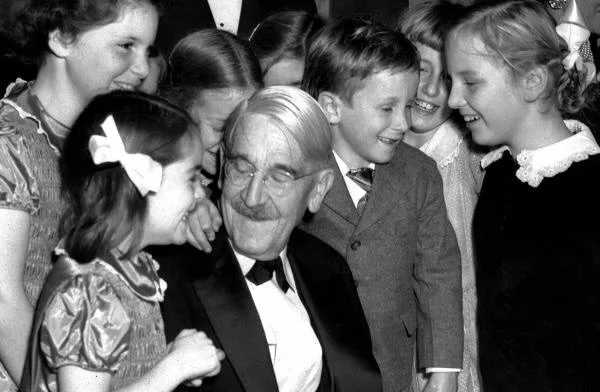John Dewey and Education: Up to the teacher, or up to the student?
Whenever we think about school, it seems we always go back to the same big question: How much of the quality of a student's education is truly up to them? Are students there just to take in knowledge, or should they be responsible for shaping how they learn? This debate goes back over two thousand years to Aristotle, and it continues into modern times with thinkers like John Dewey. And how we answer that question, especially today, says a lot about how much we value education.
Aristotle believed that education was about shaping citizens to contribute to and fit in a just community. To him, students were like clay ready to be sculpted by one’s school and teachers into virtuous, disciplined, and qualified citizens.. The stability of the country depends on having citizens with the right character who are ready to serve the public good where needed. But in Aristotle's view, the student doesn’t really have much personal drive in their education. They take orders, absorb, and for the most part are just guided toward a goal not set by them.
Dewey, on the contrary, flipped this script. Living in a democratic America, he argued that students shouldn’t just be passive receivers of knowledge; they should instead take action and actively shape their own education. Instead of being drilled to memorize facts or be drilled on what it means to be a perfect member of society, Dewey believed the best way to get the most out of our people is to allow them to be curious. People who love what they do are more likely to want to do better and keep improving. Education to Dewey wasn’t just preparation for adulthood but it was democracy in full effect: having the way you use education be up to you and you only. The classroom itself should thus model the kind of engaged, curious community we want society to be.
Personally, I think Dewey’s view is not necessarily better than Aristotle’s but appeals more to today’s environment. We live in a world that is constantly changing, and it doesn’t make sense to lock students into rigid molds when their futures demand creativity and adaptability. But I also see why Aristotle’s perspective matters: he reminds us that education isn’t just about personal growth. Creating a community of people who are aware of their responsibility does not only serve them but everyone around them. The challenge now is finding a balance between the two: pushing students to explore their interests and personal goals, while also rooting the importance of being a citizen in society.
